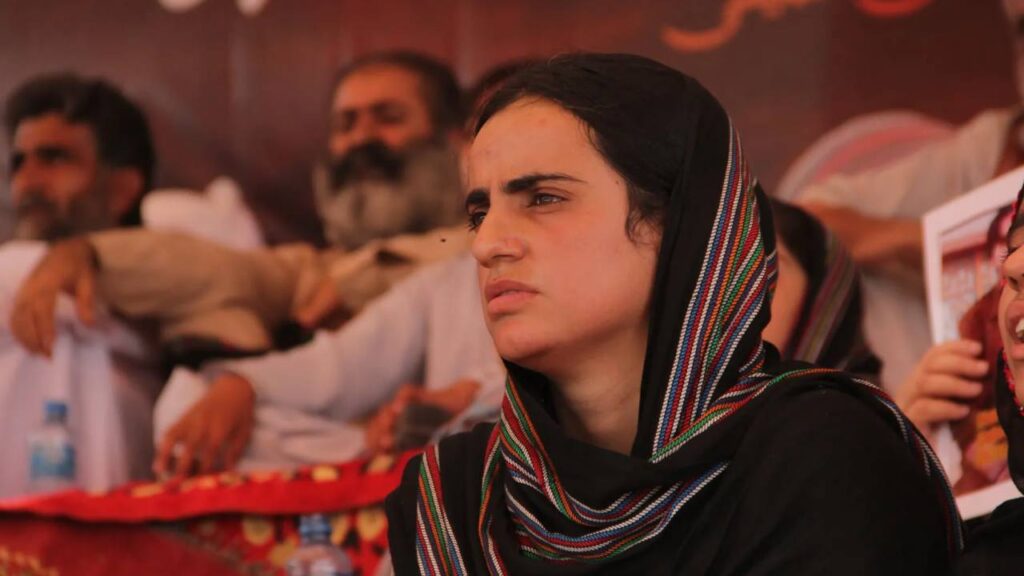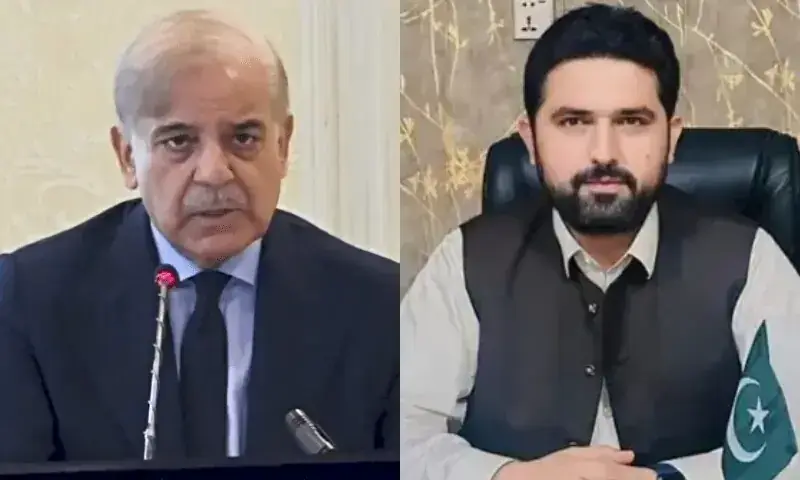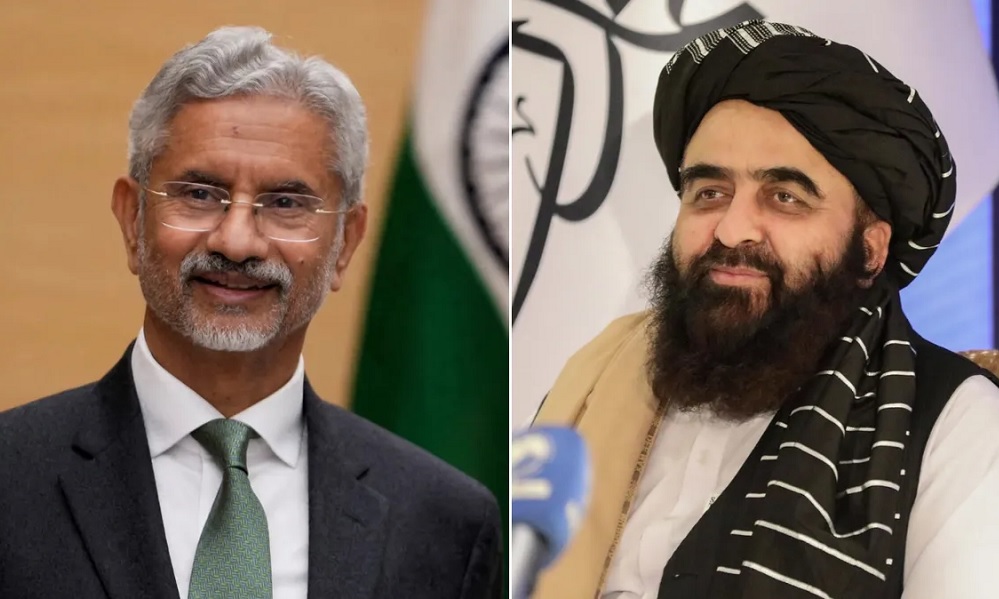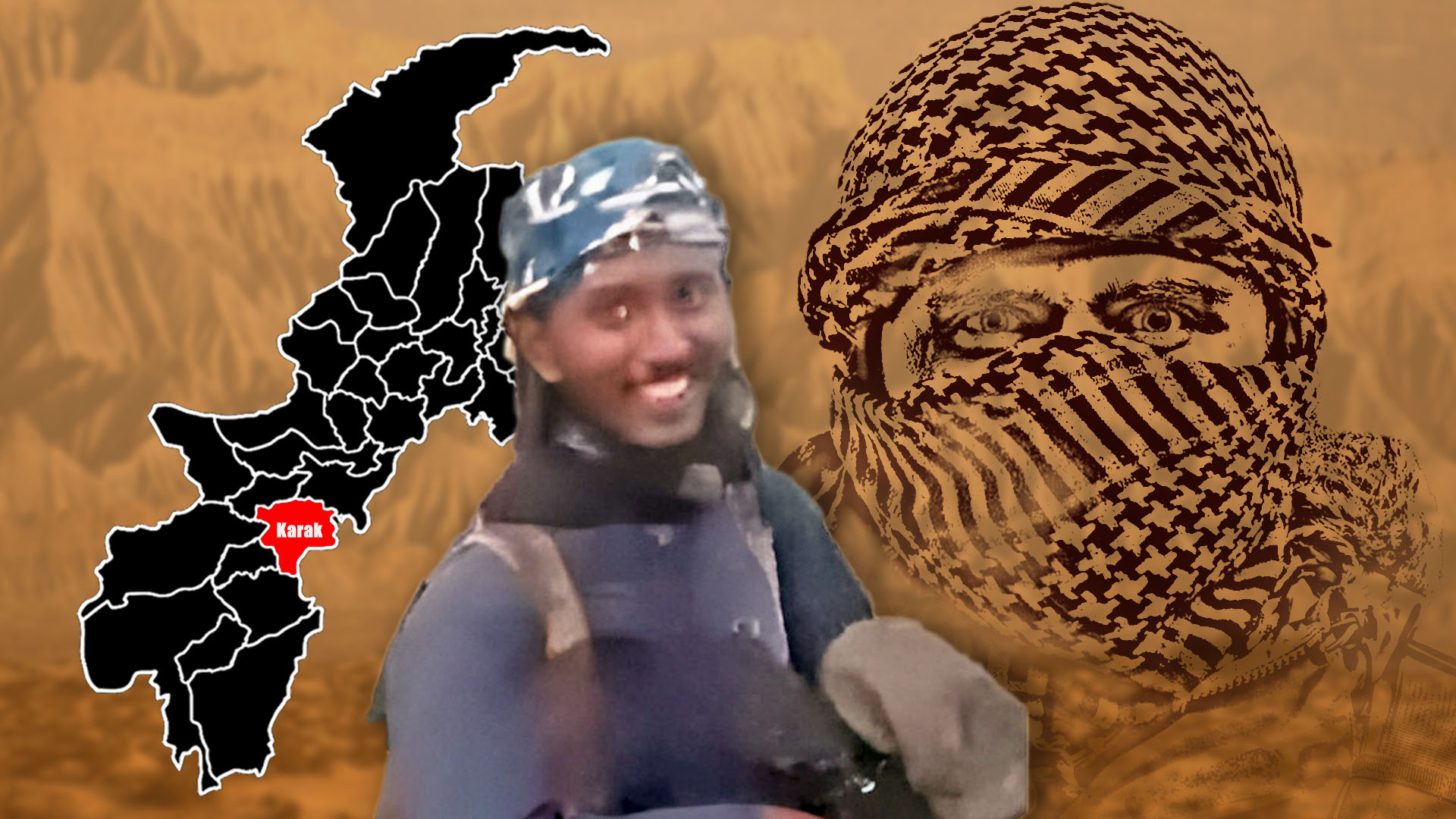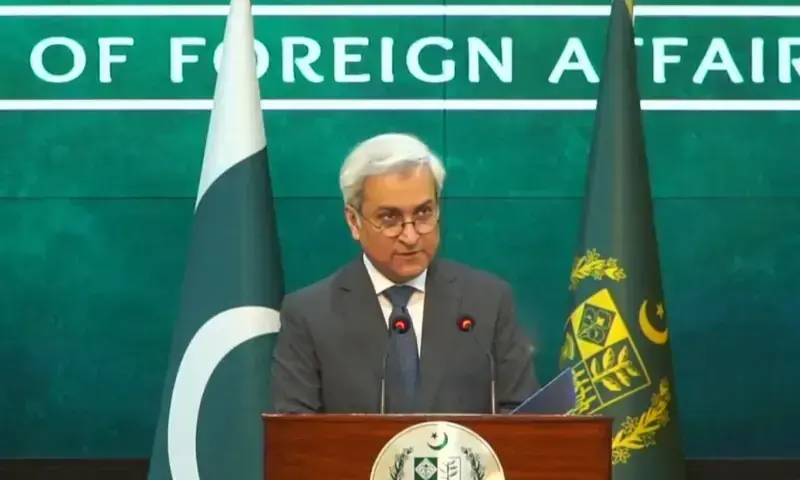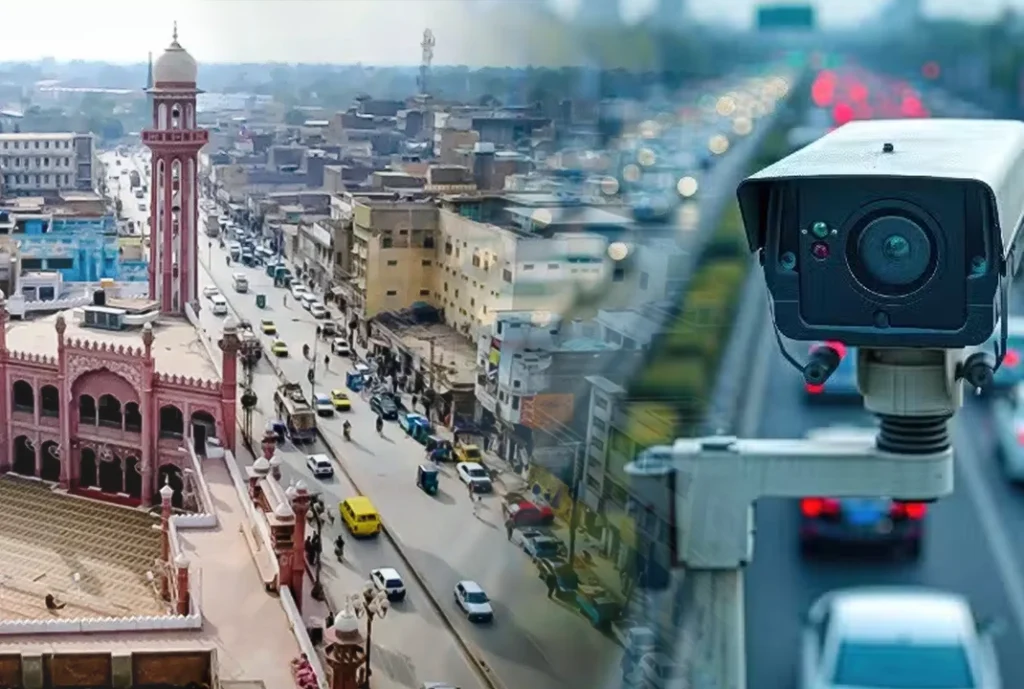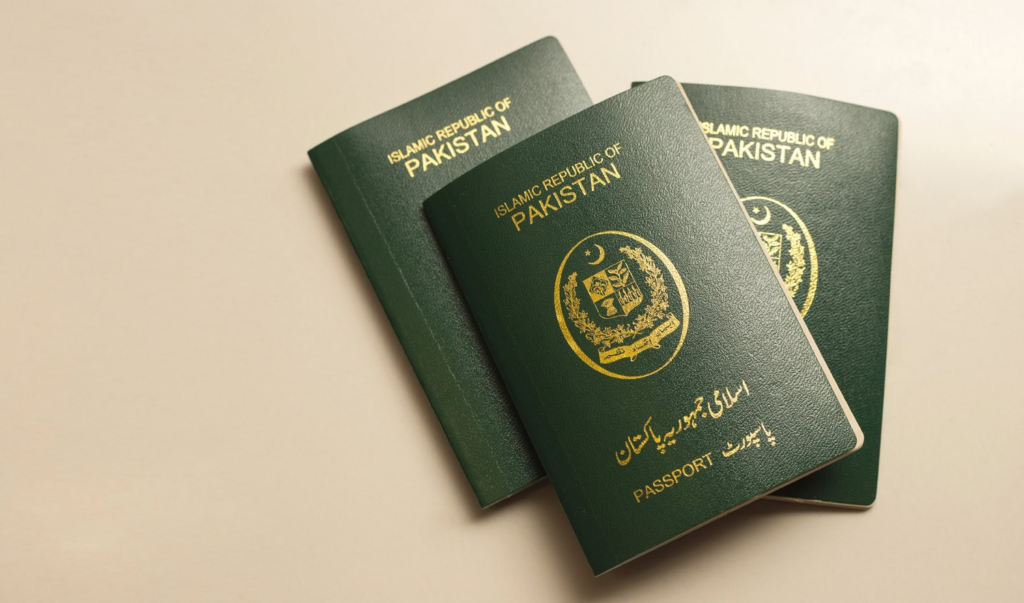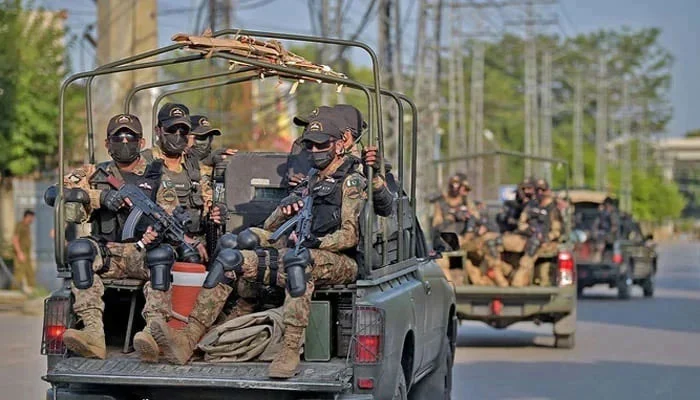Balochistan, a region rich in culture and resources, faces a complex set of challenges that have hindered its development and stability for decades. While the province has long been in the spotlight for calls for human rights and economic progress, it has also been a battleground for extremist elements and groups pushing conflicting agendas. Among these dynamics, the role of individuals and organizations claiming to work for the betterment of the people deserves closer scrutiny.
One such figure is Mahrang Baloch, leader of the Baloch Yakjehti Committee (BYC). Although she positions herself as a voice for the oppressed, her actions and affiliations raise questions about the true objectives of her activism. Her proximity to groups like the Balochistan Liberation Army (BLA) and other extremist factions complicates the narrative and calls for a balanced understanding of her role in the region’s struggles.
Alleged Connections with BLA?
While Mahrang Baloch is often portrayed as an advocate for human rights, her reported connections to the BLA have sparked concerns. On multiple occasions, she has been seen supporting activities that align with the narratives of militant outfits. For instance, she was involved in retrieving the body of a BLA member after the Jafar Express hijacking, an act that some viewed as a gesture of solidarity with the group.
Similarly, she has been accused of misrepresenting individuals linked to violent incidents. One example is her portrayal of Wadood Satakzai, a suicide bomber celebrated by the BLA for the Mach attack, as a “missing person.” Such instances have raised questions about whether her activism is genuinely focused on justice or is inadvertently shielding individuals associated with violence.
Even within her close circle, there are troubling connections. Her cousin and bodyguard, Sohaib Langove, was reportedly killed in July 2025 as a BLA fighter in Turbat, further highlighting the overlapping roles of activism and militancy in her sphere of influence.
The Role of BYC: Advocacy or Disruption?
The Baloch Yakjehti Committee, under Mahrang’s leadership, has positioned itself as a platform for addressing grievances in Balochistan. However, the group operates without formal legal or constitutional recognition, leaving its role open to interpretation. While BYC claims to fight for the rights of the Baloch people, its activities often align with agendas that disrupt development projects and exacerbate tensions in the region.
A notable example is BYC’s past gathering in Gwadar, which was framed as a protest for rights but also served to disrupt critical China-Pakistan Economic Corridor (CPEC) projects and operations at the Gwadar port. Such disruptions, while raising awareness of local grievances, also risk undermining long-term economic opportunities for the region. Critics argue that BYC’s actions have provided a platform for extremist elements to mingle with protestors, further complicating the situation on the ground.
Complexities in Advocacy for “Missing Persons”
One of Mahrang’s central causes has been the issue of “missing persons” in Balochistan—a deeply sensitive and serious concern. However, this advocacy has not been without controversy. In several cases, individuals presented as “missing” by BYC were later identified as members of militant groups involved in violent attacks. For example, some of the individuals linked to the Mach and Gwadar attacks were initially portrayed as victims before their affiliations with militant outfits were revealed.
Additionally, after Pakistan’s airstrikes on suspected terrorist hideouts in Iran, Mahrang acknowledged that families of those killed were present in her camp. While this may reflect the broader social and humanitarian complexities of the region, it also highlights the blurred lines between human rights advocacy and associations with extremist factions.
International Activities and Broader Implications
Mahrang’s international engagements have also drawn attention. Her travels to countries like Norway, where she reportedly meets with handlers and secures funds, have been framed by critics as efforts to promote an anti-Pakistan narrative on global platforms. These activities often coincide with campaigns aimed at obstructing development initiatives in Balochistan, particularly in Gwadar.
While international advocacy for human rights is both valid and necessary, it becomes problematic if it aligns with agendas that hinder progress or exacerbate divisions. The challenge lies in ensuring that such efforts genuinely serve the interests of the people rather than external or partisan interests.
BYC and its Alignment with Militant Groups
The connections between BYC and militant groups like the BLA and Balochistan Liberation Front (BLF) further complicate the organization’s narrative. BYC has reportedly received backing from Harbyar Marri, an absconded BLA leader based in London, who advocates for militancy while living in relative comfort abroad. Additionally, BYC’s open campaigning for Zaheer Zeb, the brother of BLF leader Basher Zeb, underscores its alignment with groups accused of perpetuating violence in the region.
These associations highlight the need for a nuanced understanding of BYC’s activities. While it claims to advocate for rights, its alignment with militant narratives raises concerns about whether its actions ultimately serve the interests of the people or perpetuate cycles of violence and instability.
The Human Cost of Violence and Instability
One of the most troubling aspects of the situation in Balochistan is the human toll of violence and unrest. Groups like the BLA and BLF have been accused of extorting poor citizens, abducting innocents, and targeting vulnerable populations. From killing pilgrims in Nushki to attacking laborers and barbers, their actions have left deep scars on the social fabric of the region.
Despite these atrocities, organizations like BYC have largely remained silent on the actions of these groups. This silence not only undermines their credibility as advocates for human rights but also raises questions about their priorities and alliances.
The Need for Progress and Unity
Balochistan’s challenges are multifaceted, and addressing them requires a balanced and inclusive approach. While grievances must be acknowledged and addressed, it is equally important to encourage education, development, and economic opportunities for the region’s youth.
Unfortunately, narratives that focus solely on victimhood without offering constructive solutions risk perpetuating a cycle of hopelessness. This, in turn, makes young people more vulnerable to exploitation by extremist elements. The focus should be on empowering the people of Balochistan through education, jobs, and infrastructure, rather than narratives that deepen divisions and hinder progress.
A Call for Clarity and Responsibility
Mahrang Baloch and the BYC represent a complex aspect of Balochistan’s ongoing struggles. While their stated goals of advocating for rights and justice are commendable in principle, their actions and affiliations raise serious questions about their true agenda.
It is essential to critically examine the role of such individuals and organizations to ensure that they genuinely serve the interests of the people they claim to represent. Balochistan deserves a future of peace, prosperity, and progress—one that prioritizes the well-being of its people above all else. Only through clarity, responsibility, and unity can this vision be realized.

